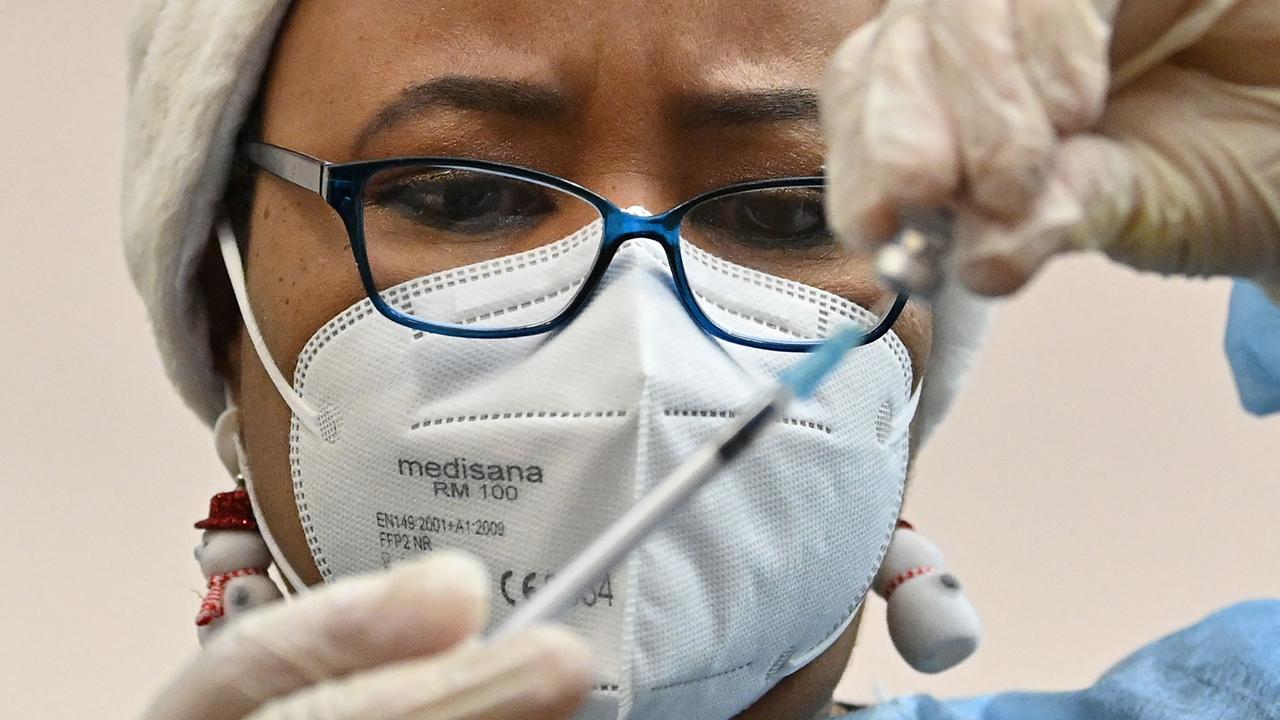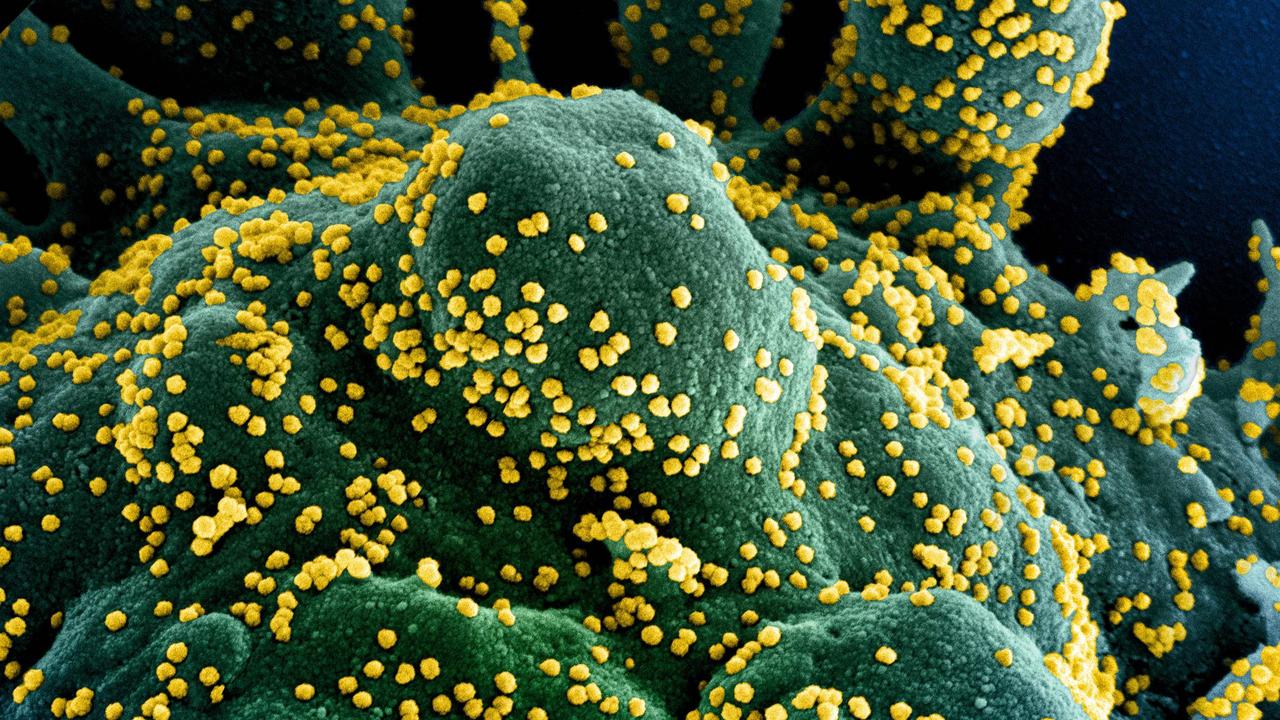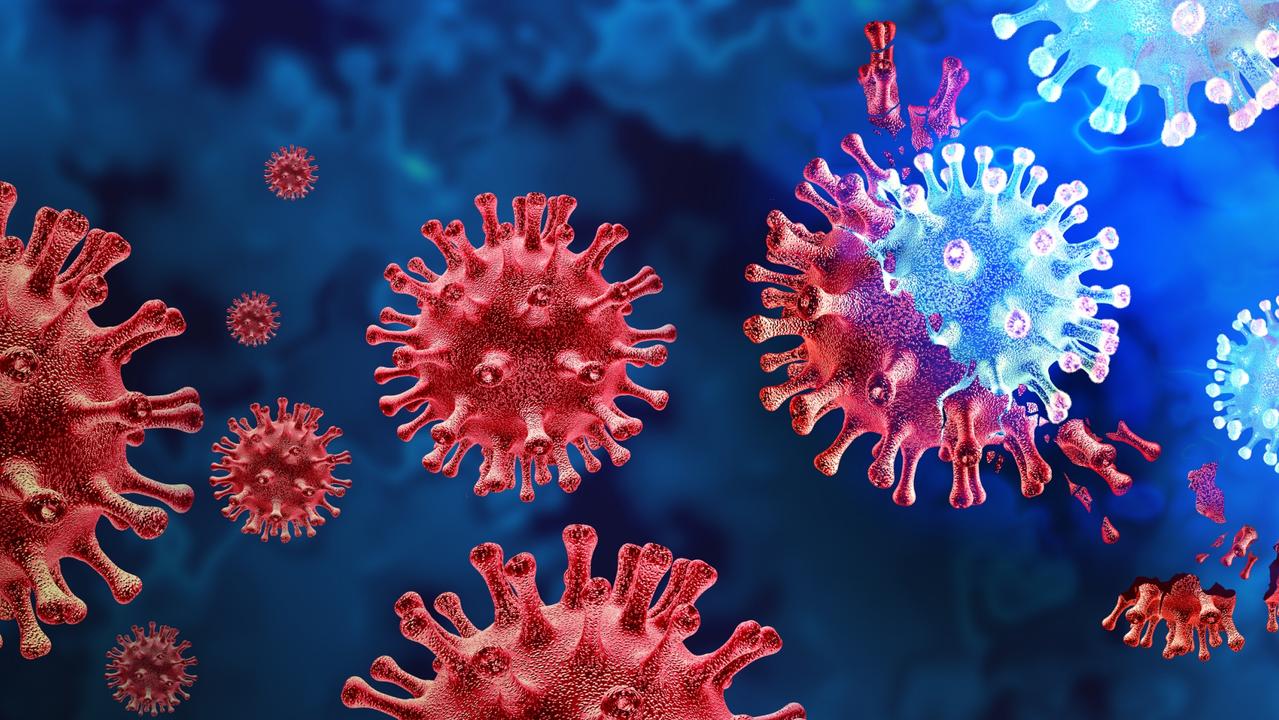New covid variant discovered as Delta continues to spark Australia’s lockdowns
The UK may have freedom but they’re also brewing up a potentially fatal disaster that could see Australia suffer further.
ANALYSIS
Viruses are going to do what viruses do. Especially if you allow them to do so. It’s Darwinian evolution at exponential speeds.
Which is why yet another covid variant is on the rise.
It’s been found in the United Kingdom, the United States, Japan, India and Switzerland.
It was first discovered in Colombia in January.
It is so new it hasn’t yet been given a Greek letter designation. For now, it’s just known as “variant of concern” number B. 1.621.
The British health service says its characteristics have yet to be defined. “(We are) carrying out laboratory testing to better understand the impact of mutations on the behaviour of the virus,” it said in a weekend statement.
RELATED: Follow out Covid-19 live coverage
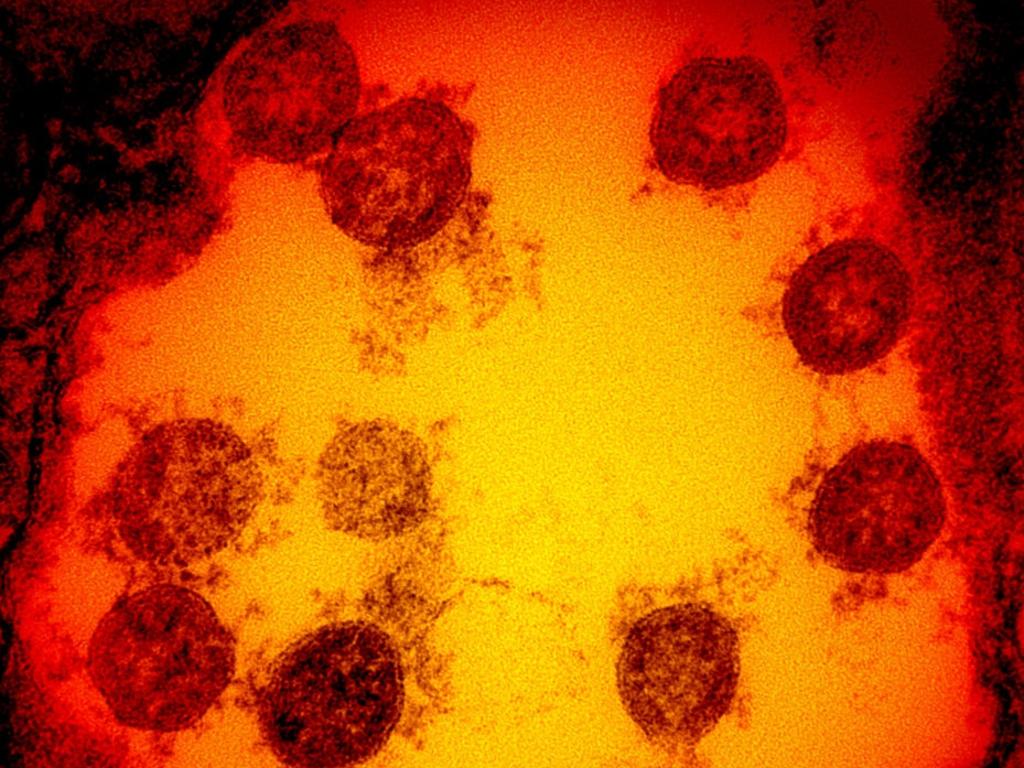
But the simple fact it is spreading is proof it has found at least one new weakness to exploit.
Otherwise, it would have been drowned out by the powerful Delta variant behind Australia’s ongoing series of lockdowns.
What lies in the wings? We don’t know. It’s random.
But we do know what conditions help a virus evolve. And what hinders it.
At the moment, the world’s helping it.
Especially Britain.
Covid-19 has been handed the perfect opportunity to learn how to overcome our vaccine defences.
“If we compromise the incredible vaccines we have, I don’t even want to contemplate what that world would look like,” warns University of Oxford virologist Dr Aris Katzourakis.
RELATED: Push for $10m vaccine cash prize

By the numbers
For a virus, an entire generation is measured in terms of hours or days. Each generation learns from its parents. Some are hybrids, born from different viruses infecting the same host. And scattered among all the genetic replications are errors in the code.
Most lead nowhere. They either inhibit or do nothing for the new virus’ survival.
Some, however, add a refinement. An advantage.
For example, The original covid virus was barely airborne. Its size and shape didn’t suit lingering in the air for long.
But the now dominant Delta variant somehow overcame this hurdle. And its ability to linger indoors and circulate through ventilation systems is a massive contribution to its frightening new levels of contagion.
The Gamma variant is also more transmissible than the Alpha strain. It’s now competing with Delta for dominance in the United States.
Lambda is also gaining a foothold. It seems even more infectious than Delta. And indications are it’s better at defeating the human immune system.
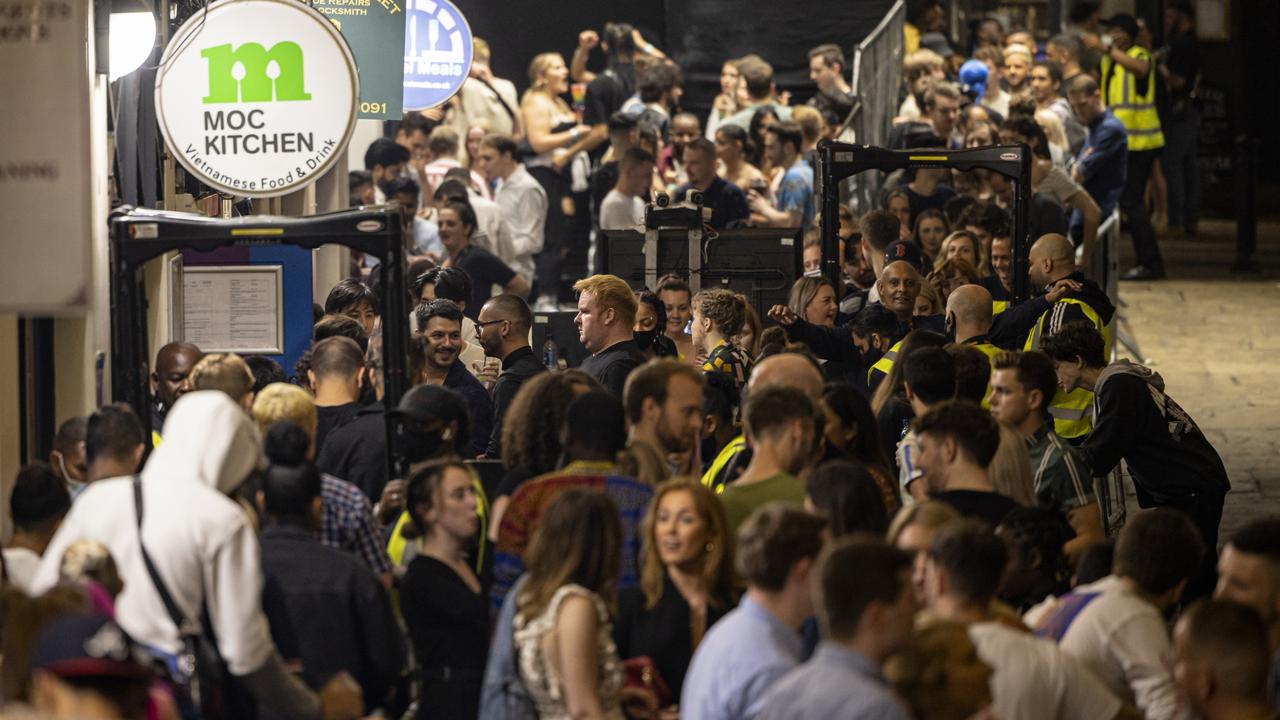
For the moment, B. 1.621 remains undefined.
But for it to gain a foothold in a world of Delta, Gamma and Lambda – it must have some ace up its sleeve. Is this limited? Does it suit only specific environments? Specific hosts? Or is it another game-changer, like Delta?
Experience indicates B. 1.621 has spike protein mutations helping it dodge antibodies. Colombia had expected herd immunity from previous outbreaks in the cities in which it first appeared. Three mutations usually associated with improved transmissibility have also been identified.
Meanwhile, with Covid-19 running rampant in Malaysia and Indonesia, hundreds of generations worth of evolution are passing each week. And that means more mutations.
In the United Kingdom, the virus has free rein over a partially vaccinated population. And that will give it the chance to learn – and overcome – our only hope of defeating it.
‘Mission accomplished’
British Prime Minister Boris Johnson earlier this month declared ‘victory’ over Covid-19.
His nation had among the highest uptakes in the world for vaccinations. At least for the first dose. And he proclaimed his faith in the general public ‘doing the right thing’ and maintaining social distancing, hygiene and testing measures.

Now virologists are warning he is playing with fire. Some warn the caseload will soar above 100,000 a day within weeks.
Hopes are the already strained health system won’t be faced with the surge in hospitalisations this once entailed. While vaccines don’t automatically prevent infection, they do – at least for the moment – generally limit the severity of symptoms.
“Vaccines aren’t magic barriers. They don’t kill the virus or pathogen they target,” says Griffiths University virologist Lara Herrero.
Early indications are that the first dose of AstraZeneca and Pfizer cut chances of contracting the virus by 33 per cent. The second dose boosts this to 60 per cent for AstraZeneca and 88 per cent for Pfizer.
“But when you look at how much the vaccines reduce your risk of developing severe illness that requires hospitalisation, the coverage is high for both. Pfizer and AstraZeneca vaccines are 96 per cent and 92 per cent effective (respectively) in preventing Delta variant hospitalisations,” Dr Herrero adds.
But there’s a problem.
A large portion of the British adult population hasn’t had both doses of their vaccines. And few of its children have had even one. That makes the nation’s resistance to viral invasion weaker.

And the inherent weakness of a single dose of vaccine makes it easier for covid to overcome.
So the next covid variant may fill hospitals to overflowing once again.
Or perhaps not.
“We are probably at the evolutionary high point, at the worst combination for an escape to happen in the UK,” Oxford virologist Dr Katzourakis told the BBC. “The UK is in a prone position. Whether it will happen, we don’t know, but it’s more likely to happen here, now, than ever before.”
It’s all a matter of a roll of the dice.
But the dice has been loaded in favour of the virus.
“To help the fight against Covid-19, the best thing we can do is minimise the spread of the virus. This means get vaccinated when you can, ensure you maintain social distancing when required and get tested if you have any symptoms,” Dr Herrero says.
Jamie Seidel is a freelance writer | @JamieSeidel


